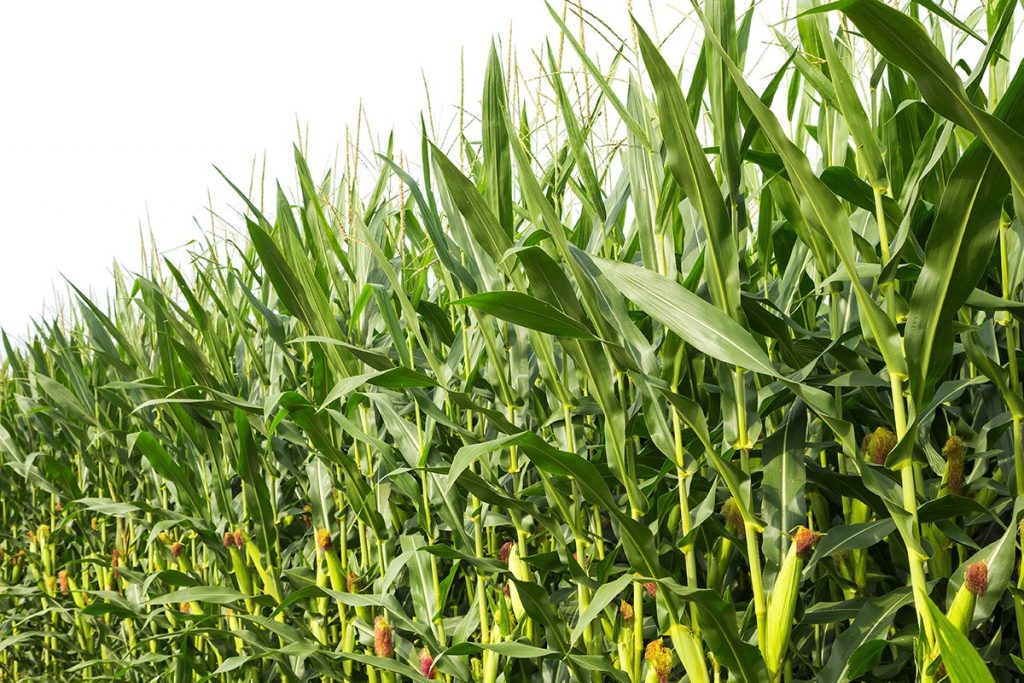
As procedure manual and checklist for maize trade are developed
The Alliance for a Green Revolution in Africa (AGRA) working with COMESA’s specialised Seed Agency ACTESA, have developed Regional Seed Standard Operating Procedures (SOPs) to improve regional seed trade in staple food crops. This is in addition to audit checklist mechanism for maize trade.
These are provided for under the COMESA Seed Harmonisation Implementation Plan (COMSHIP). The initiative is part of the implementation of the AGRA-COMESA cooperation framework titled “Improved Regional Seed Trade in COMESA region”. It is aimed at improving regional seed trade in maize, rice, soyabeans and rice as a way of catalysing and sustaining an inclusive agricultural transformation.
According to the COMESA/ACTESA Seed Development Expert Dr John Mukuka, AGRA financed the development of the draft COMSHIP maize SOPs and audit checklist mechanism which was done by the Emerge Centre for Innovation-Africa (ECI-Africa).
In this process, consultations were conducted with National Seed Authorities and seed companies who are now ready to market their seed on the COMESA Harmonised Seed Trading Platform.
With the SOPs in place, assessment of implementation of the harmonized regulation framework will be achieved by independently and regularly auditing country systems and processes which underpin quality seed production and certification including border controls,” Dr Mukuka said.
This is in line with the COMSHIP which aims at enhancing seed production, reliability, seed trade including increasing the competitiveness of the seed industry in the Southern and Eastern African (ESA) region.
Dr Mukuka says the seed system audit mechanism is not intended to be a policing tool, but will focus on identifying gaps and corrective actions towards achievement and consistent application of regionally agreed (at a minimum) standards is therefore critical.
He added: “The audit mechanism shall be one that is mutually recognized, technically competent and independent in its operations. Through the new mechanism, reports shall be prepared (e.g. country level dashboard) which will be shared in regional seed forum convenings to form the basis of evidence-based deliberations and decisions.”
Such experience-sharing in a forum format and collaborative spirit, he noted, will engender positive challenge and inspire action rather than defensiveness and lead to changes without compromising trust.
The draft SOPs formed the basis for developing the COMSHIP Regional Audit Checklist covering among others, conduct of distinctness, uniformity and stability (DUS) tests, conduct of variety maintenance/ check plot observations, variety release and catalogue and authorization of private seed inspectors and entities (licensing and registration of seed inspectors, samplers and analysts).
Others are requirements and process of seed crop field inspection, seed crop intake verification, inspection and sampling, pest control testing of seed lots, handling quarantine pests, moisture determination and germination analysis.
Both the draft SOPs and audit checklist were developed based on provisions of the COMESA Seed Trade Harmonization Regulations in line with the International Union for the Protection of New Varieties of Plants Test Guidelines, International Seed Testing Association (ISTA), and the Organization of Economic Cooperation and Development (OECD) Field Seed Schemes for Maize.
Ultimately, the provision of adequate information and higher levels of transparency to all seed stakeholders is critical in ensuring that the time and cost of trade is reduced and thus, increasing efficiency in cross border regional movement of seed.




